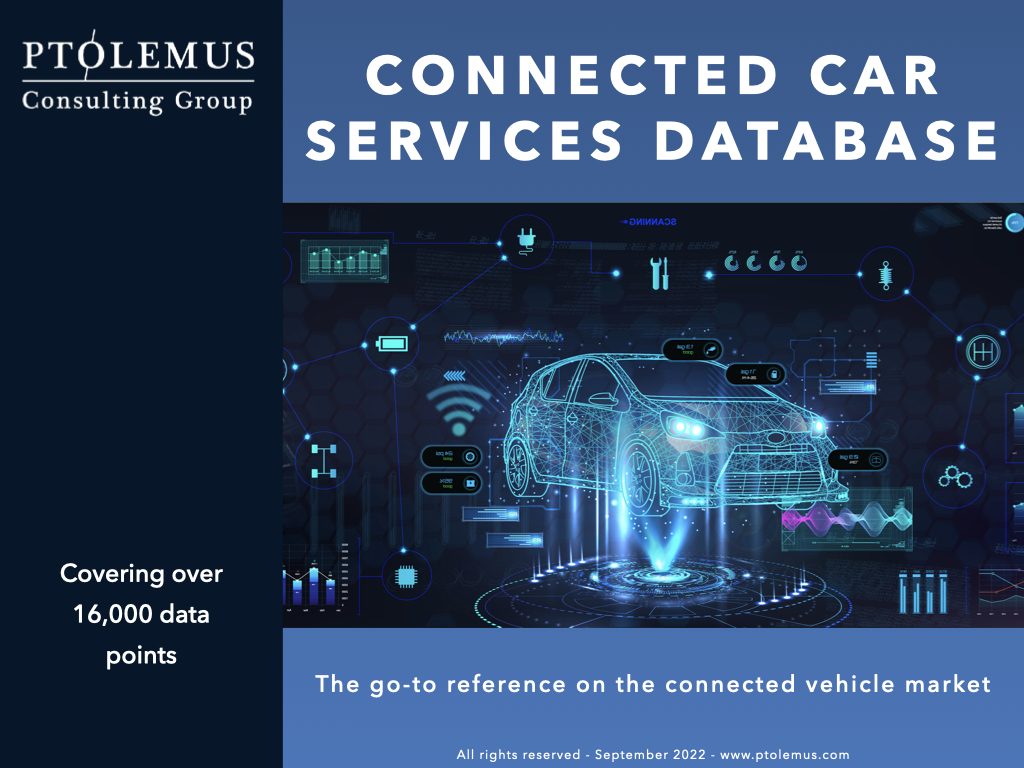Parking payment services: towards dual aftermarket / OEM solutions?

With the closing of its acquisition of Flowbird and the purchase of Parkopedia, EasyPark becomes the global leader in parking payment services. Given the common shareholders of Parkopedia and EasyPark (Vitruvian Partners and Verdane), it was written on the leaves that the companies would at some point be combined.
What will the deal bring?
According to EasyPark, the transaction “creates a seamless, end-to-end driver experience, built on highly accurate and complete data, and unparalleled global payment capabilities”.
While the vision towards connected vehicle payments has been clear to many, including PTOLEMUS (cf our Connected Vehicle Payments Global Study), the execution has been complex, to say the least. Many companies willing to exploit OEM data for third parties have died due to the slow pace of OEMs to open up and deliver end-to-end services on a large number of models: Xevo, Wejo, Otonomo, etc.
Even though Parkopedia is profitable thanks to its early lead and very focused approach, it is clear that competition in the connected vehicle payment space is heating up. New start-ups such as Sheeva.ai, CarIQ, Mavi, in the US and Ryd, CarPayDiem and Pairpoint in Europe have emerged with ambitious execution plans.
But the fact is that it takes a (very) long time to obtain and implement data partnerships with car makers. And even more so with truck makers, which form a pretty closed market.
It is important to remind that aftermarket players are still by far the dominant companies in the payments game. Service providers such as DKV Mobility and Bestpass on the fleet side and Telepass on the consumer side are still largely ahead of any OEM-based providers. They offer a much wider geographic and service coverage and can rely on the vast volumes of transactions generated in the fuel card and tolling markets to generate profit. On the other hand, it is fair to say that, compared to fuel card services, tolling or even EV charging services, the aggregation of a continent-wide parking acceptance network is still not achieved by these companies.
Finally OEMs’ initiatives in the domain have remained subdued with Audi, Kia, Mercedes and Volkswagen Group being the most active in the domain.
Thus the merged EasyPark-Parkopedia entity will be able to “stand on 2 legs”, the aftermarket (mainly app-based) and the OEM businesses.
The transaction will bring 3 key benefits:
- A combined app-based and in-dash delivery of services,
- Economies of scale to build the parking acceptance network,
- Better negotiating power against OEMs, who will lose a potential supplier.
 So the advantages for EasyPark are clear.
So the advantages for EasyPark are clear.
Will this impact other parking stakeholders? Surely yes.
Will this impact other mobility payments providers in tolling, EV charging and fuel card services? Very likely so, because Parkopedia does include tolling and EV charging in its scope. And we expect them to deploy fuel card services in due course too.
The risk for established aftermarket players like Axxès, Bestpass, BMW, DKV, Edenred and Telepass is to suffer from competition from the new entity in the mid-term while not able to compete with it in its home market, parking.
For connected vehicle payments competitors like CarIQ and Ryd, the risk is to suffer from competition from the new entity in the mid-term while not able to compete with it in its home market, parking.
Finally, for established parking players such as PayByPhone and Indigo, the risk is to lose the edge against their number 1 competitor and to become second-best providers for their customers.
Thus we expect a race towards more consolidation between the stakeholders, with a similar aim to bring cross-over OEM / aftermarket services.
If you wish to further discuss parking payments and connected vehicle payments in general, feel free to reach out to Frederic Bruneteau. You can also read another recent analysis he made on the subject.
